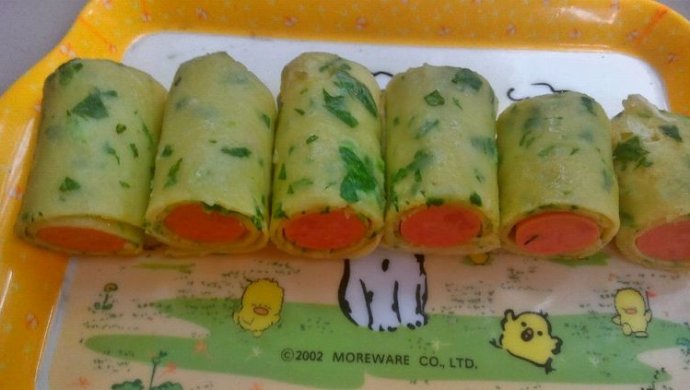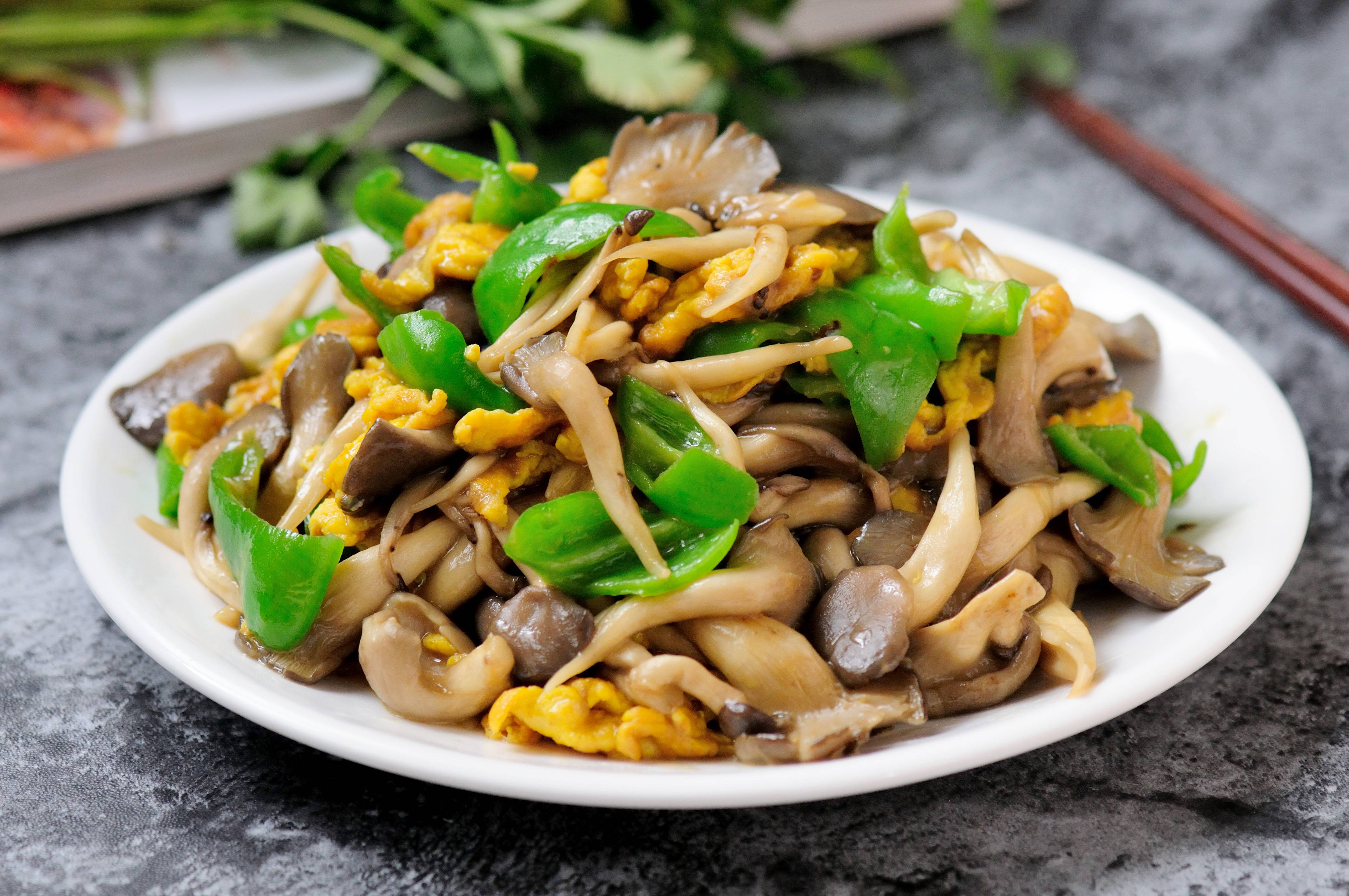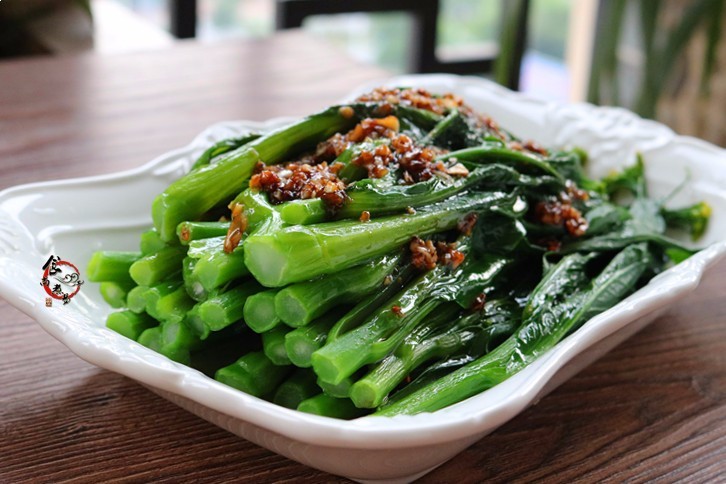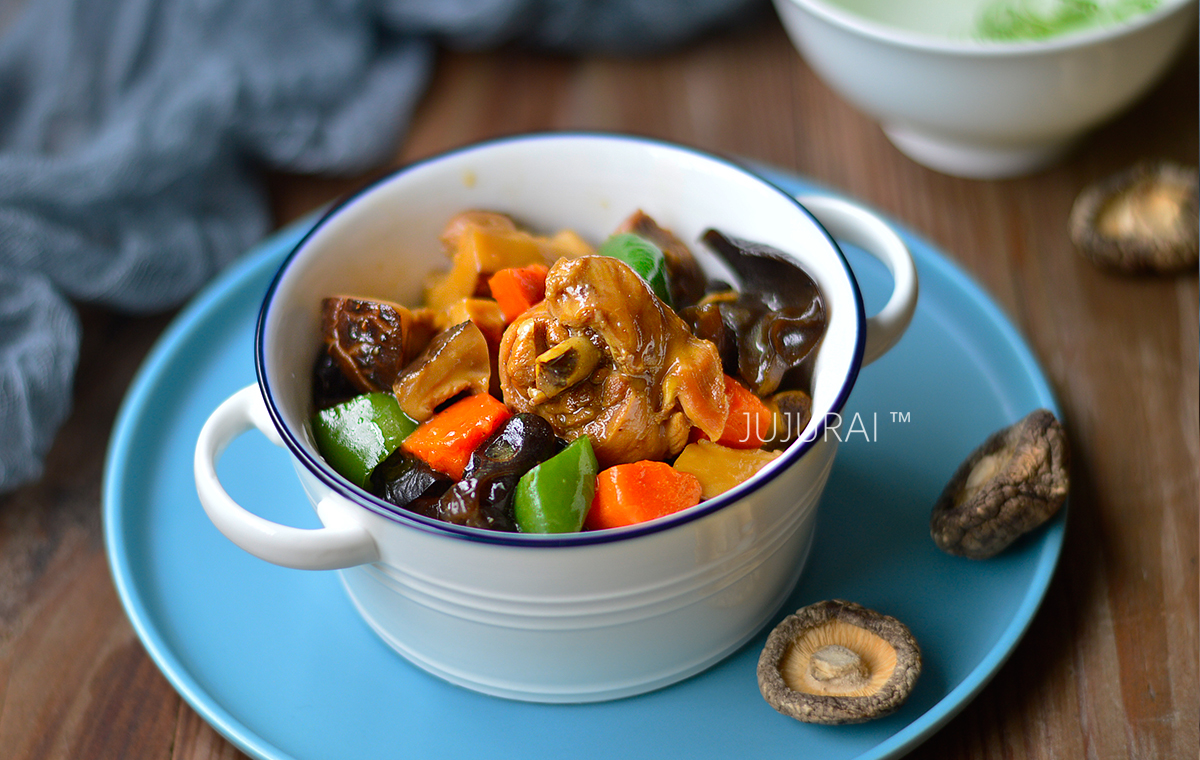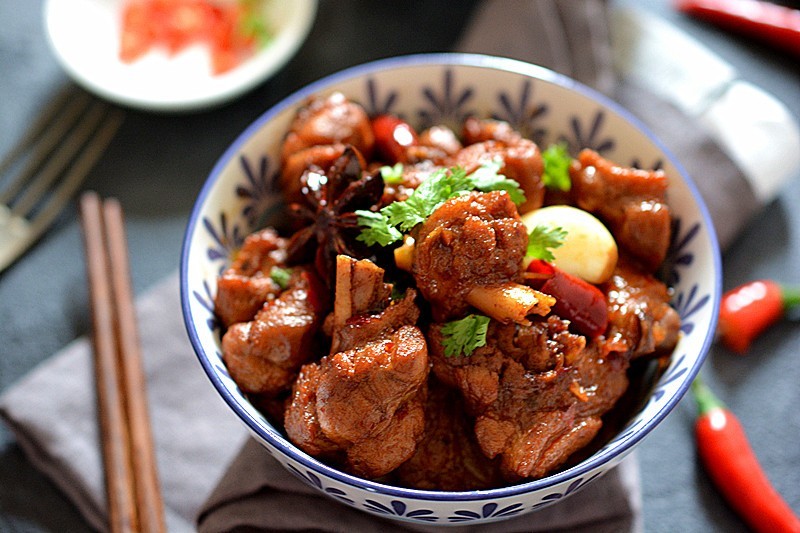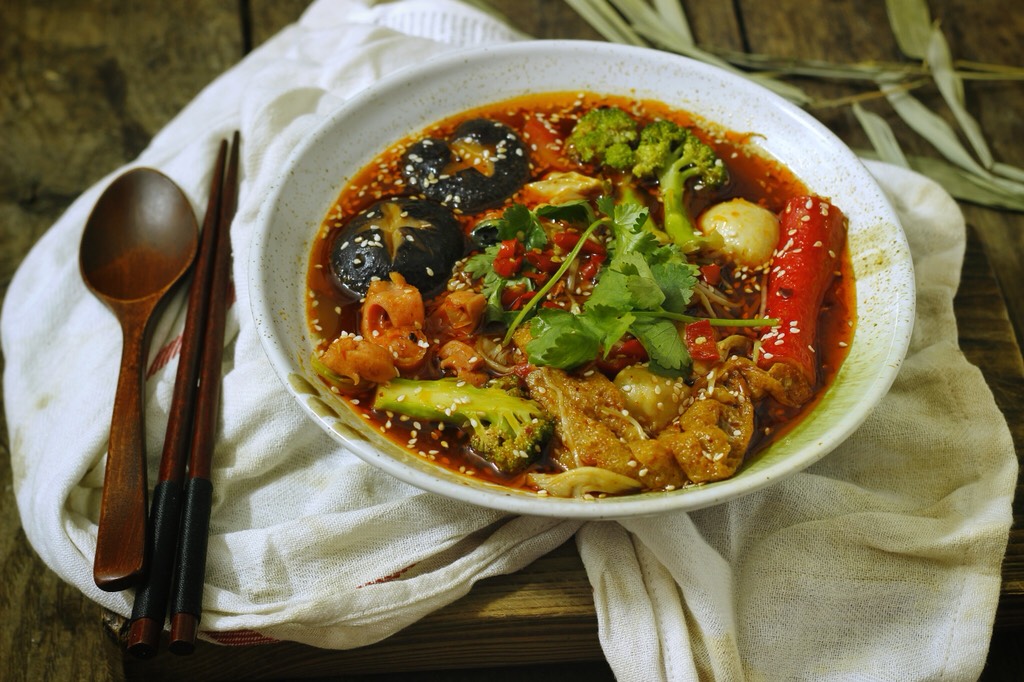Pig's Knuckle Ginger Vinegar
| Tianding sweet vinegar 2500ml | Ginger 1000g |
| Pig's trotters 1000g | Eggs 10 |
| Salt 15g |

Step 1
Day 1: Peel and wash the ginger
Step 2
Cut in half vertically and pat lightly with a knife
Step 3
Add salt and marinate for 30 minutes, then rinse with water
Step 4
After steaming over high heat for 30 minutes, use cloth or kitchen paper to absorb the water.
Step 5
Remove from heat, add sweet vinegar and ginger
Step 6
Bring to a boil over high heat, then reduce to low heat and simmer for 2 hours. Turn off the heat and leave the ginger to soak in the vinegar overnight.
Step 7
Day 2: Remove the hair from the pig’s trotters, wash and chop them into pieces
Step 8
Pour an appropriate amount of water into the pot and bring to a boil. Add the pig's trotters and blanch them for 3 minutes. Remove and wash.
Step 9
Take another pot, pour appropriate amount of water, and addPig's trotters
Step 10
After boiling over high heat, simmer over low heat for 45 minutes, turn off the heat and bake for another 45 minutes; rinse the pig's trotters with water until completely cooled, then drain the water.
Step 11
Put the pig's trotters into the ginger-vinegar pot, cover and bring to a boil, reduce to low heat and simmer for 45 minutes, let cool and set aside
Step 12
Pour enough water into the pot and add eggs at room temperature
Step 13
After boiling over high heat, start timing from when the water boils. Turn off the heat after 3 and a half minutes and take out the eggs immediately.
Step 14
Rinse the eggs with water until cool, peel and set aside
Step 15
Soak the eggs in cool ginger vinegar overnight
Step 16
Day 3: Take out the pig trotters and eggs and store them in another container
Step 17
Boil ginger vinegar
Step 18
When eating, use another pot to boil the pig's trotters and ginger with a little ginger vinegar. Put the eggs into the hot vinegar and soak them until warm.
Step 19
Sweet and sour candied eggs
Step 20
Warm the stomach, dispel cold, and beautify the skin ~ Pig’s trotters and ginger vinegar Cooking Tips for Pork Knuckles with Ginger Vinegar1. After salting and steaming, most of the spiciness has been removed from the ginger. It can be eaten after being soaked in vinegar for a day.
2. Traditionally, ginger vinegar is cooked in a large clay pot, but in fact, stainless steel pots can also be used, but do not use aluminum pots.
3. The method of boiling and soaking pig's trotters is to make the skin soft but not rotten.
4. The eggs in this recipe are candied eggs, so after peeling the hard-boiled eggs, you must wait until the ginger vinegar is cold before putting the eggs into the ginger vinegar pot, otherwise the hot ginger vinegar will burn the eggs until they are fully cooked.
5. Ginger vinegar solidifies because it absorbs the gelatin of pig's trotters. It is best to boil it once a week so that it can be stored for a long time. However, when boiling, remember to take out the eggs in the ginger vinegar first to prevent it from turning into iron. Egg.
6. Due to the evaporation of water, ginger vinegar will become sweeter as it is cooked. You can add some glutinous rice vinegar to adjust the sweetness and sourness.
7. Ingredients such as ginger, pork trotters, and eggs can be added to the ginger vinegar according to the above method.
8. Pot capacity: 4 liters.

